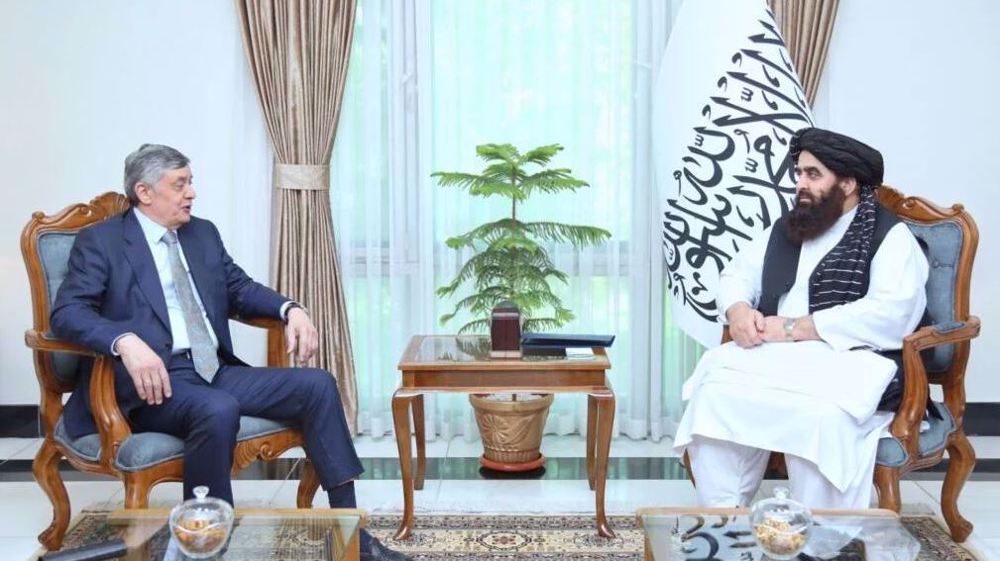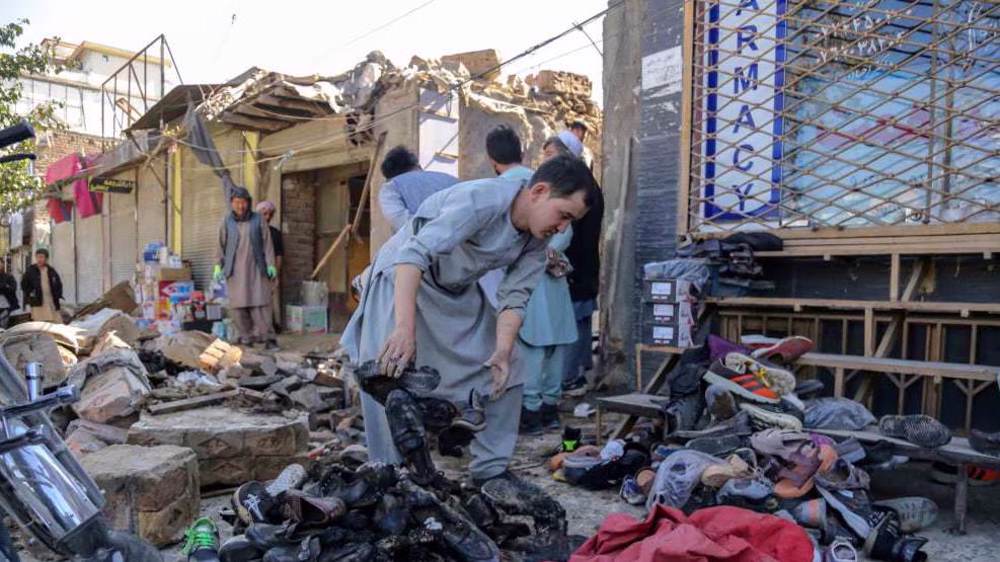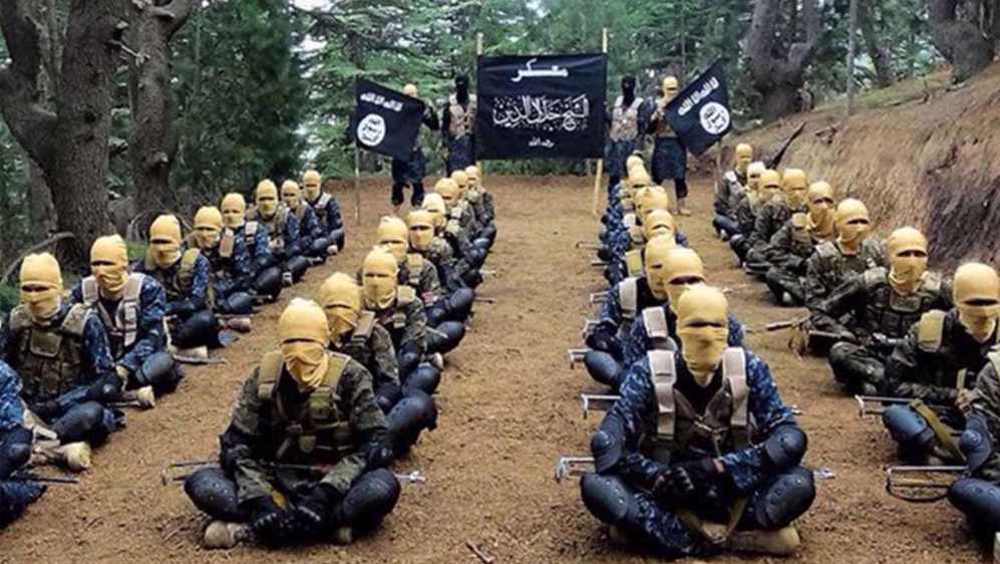ICRC reports two-fold rise in Afghan 2014 combat deaths
The International Committee of the Red Cross (ICRC) has reported a two-fold increase in Afghanistan’s battlefield casualties in 2014 despite a major withdrawal of the US-led foreign troops in the nation.
In a Monday statement, the global agency said it documented 1,372 fatalities among combatants engaged in fighting across Afghanistan throughout 2014, compared to only 620 deaths registered in 2013.
The ICRC further expressed concerns that the number of civilian casualties in the current year may climb even higher due to increasing militant attacks and the growing difficulties in accessing medical help in affected areas.
"Persistent and fierce fighting, including serious violations of the rules of war, continue to have a deplorable impact on the Afghan population," head of the ICRC delegation in Afghanistan Jean-Nicolas Marti said in the statement.
Marti also warned that "for the victims of the conflict, the situation might deteriorate even further as the funding of humanitarian aid dwindles in the country."

The casualty figure released by the agency does not include the fatalities among the foreign troops since they were retrieved by the staff of their countries’ missions in Afghanistan.
Highest ever civilian casualties
Furthermore, the UN Department of Political Affairs announced in a twitter post on December 19 that it recorded the “highest ever” of civilian casualties in Afghanistan in the 11-month period ending on November 30.
According to the UN, 3,188 civilians were killed and 6,429 were injured during the clashes with the militants in 2014.
It also reported a 33-percent surge in the number of children casualties as compared to the previous year.
Moreover, there was an 18-percent decline in the number of people requesting medical assistance, merely because they were unable to reach hospitals run by the agency, according to the Geneva-based ICRC.
Meanwhile, ICRC Director-General Yves Daccord stated in a Twitter post on Monday that the agency witnessed a 37-percent increase in its transport of wounded combatants from the battlefield to health centers in 2014.

The figures were released as Afghan forces have assumed full responsibility for the nation’s security following the withdrawal of the US-led foreign troops from the war-ravaged country as they continue to battle the Taliban insurgents the US-led forces vowed to root out when they invaded the Asian nation in 2001.
Although the majority of foreign military forces have concluded their missions in the country, over 10,000 foreign troops, mostly from the US, remain deployed in Afghanistan.
Meanwhile, the Taliban has escalated its attacks across Afghanistan, including assaults on foreign targets in the capital Kabul. Last month six foreign nationals were killed after the Taliban targeted an EU police vehicle in Kabul.
Although the ICRC does not anticipate an improving situation in Afghanistan this year, it plans to continue its humanitarian efforts in the country.
"While the volatile situation on the ground continues to present challenges to the safe delivery of assistance, we remain committed to responding to the humanitarian needs in Afghanistan, as we have done for the past three decades," Marti said.
MFB/NT/AS
Iranian Navy to take delivery of new homegrown submarines soon: Cmdr.
Iraq sends letters to regional, intl. organizations over Israeli threats
VIDEO | Press TV's news headlines
ICC trial of Netanyahu, Gallant would be ‘huge step’ for intl. justice: Legal scholar
Iran, Saudi Arabia determined to establish endurable peace: Deputy FM
Humans of Gaza: 33-year-old footballer Ramzi Al-Safadi killed with brother
‘We’ll rebuild homes, lives’: Lebanese people displaced by war vow to return
Ex-US Army officer and Press TV analyst Scott Bennett dies at 53










 This makes it easy to access the Press TV website
This makes it easy to access the Press TV website